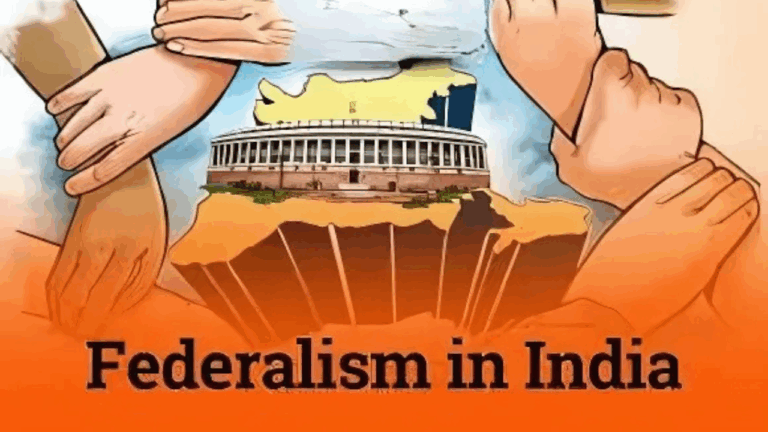Anti-Defection Law in India: Still Useful or Time for a Change?
The Anti-Defection Law was created to stop elected politicians from changing parties after winning elections. But over time, its real impact has been debated again and again. Is it still helping to keep our democracy strong, or has it become just a tool in politics?
In this blog by Scoopearth, we explain in simple words what this law means, how it works, and why it’s being talked about again in 2025.
What Is the Anti-Defection Law?
The Anti-Defection Law came into force in 1985. It is part of the Tenth Schedule of the Indian Constitution.
This law says a politician can lose their seat if:
- They leave the party that gave them a ticket to contest the election
- They go against party rules during voting in Parliament or State Assembly
- An independent MLA joins a political party after winning
- A nominated MP or MLA joins a political party after six months
The Speaker of the House has the power to decide if the politician should be disqualified.
Why Was It Made?
In the 1960s and 70s, India saw many politicians jumping from one party to another just to stay in power. This led to:
- Unstable governments
- Corruption
- Broken promises made to voters
The Anti-Defection Law was passed to stop these practices and make politics cleaner.
Is It Working in 2025?
This law has helped control mass defections. But recently, there have been several political cases where MLAs or MPs switched sides, yet nothing happened quickly.
For example:
- In Maharashtra, Rajasthan, and Karnataka, cases took months or even years to settle
- Speakers were accused of delaying action for political benefit
- The Supreme Court had to step in and say the delay makes a “mockery” of the law
So, while the law exists, how well it is used is a big concern.
What Are the Problems?
Here are some of the main issues people point out:
Speaker Bias
The Speaker is usually from the ruling party. So their decision may not always be neutral.
No Time Limit
There is no clear rule on how fast the Speaker must decide. Some cases remain pending for years.
Political Tricks
Parties have found loopholes — like asking all MLAs to resign and rejoin a new party — to avoid being disqualified.
What Can Be Done?
Experts and the courts have suggested some simple fixes:
✅ Set a deadline (like 3 months) for Speakers to take a decision
✅ Give power to an independent body instead of the Speaker
✅ Make the law stronger so it can’t be misused
If these changes are made, the law can become more useful and fair.
Final Words from Scoopearth
The Anti-Defection Law was created to protect democracy and respect the people’s vote. But times have changed, and the law also needs an update. If we want our leaders to be accountable and our governments to be stable, we must fix what’s not working.
✅ Bookmark Scoopearth
✅ Read simple and smart news on Indian politics
✅ Stay informed, stay aware







